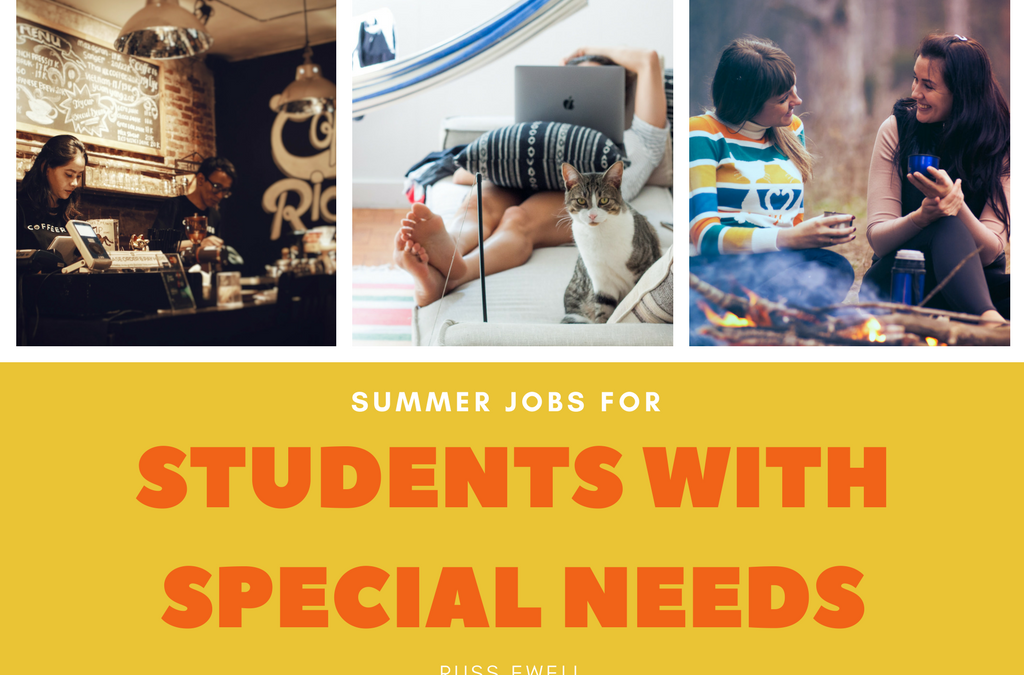Teens with special needs don’t have to sit out the American tradition of summer jobs. Across the US, high school students of all socioeconomic statuses — including Sasha Obama — take their three month recess from school to work jobs from waiting tables to lifeguarding pools to babysitting friends. That way, they have some experience to list on their resumes and some cash to go on outings with friends.
For teens who have either physical or cognitive disabilities, finding a great summer job can be incredibly rewarding if they’re surrounded by a supportive staff and caring managers who will guide them through the process. Getting the classic “summer job” experience will encourage them to make new friends, learn new skills, and enjoy a new activity. Here are some ways to help your teen find a perfect summer job:
Talk to independently owned businesses: Often, small, family-owned businesses that serve a small but loyal constituency have the capacity and dedication to employ a young adult with special needs. Places like small cafes, independent bookstores, and gift shops will be able to train those young people in-depth attention and training. Also, the patrons of such establishments also tend to be more patient and welcoming to diverse levels of ability. For high-functioning kids with disabilities, small businesses are a great first stop.
Freelancing Opportunities: With the dawn of the internet and tele-work, many companies are able to outsource data entry and other computer tasks to a network of freelancers who can work from home. Some young people with disabilities would be happy to have the work experience and cash without the added stress of new people, uncomfortable spaces, and the potential for anxiety attacks throughout the day. Computer programming, writing, transcribing, and fact-checking all offer remote opportunities and flexible hours for workers who need some extra accommodations.
Working with Other Kids with Special Needs: If a student is high-enough functioning, they may be the perfect mentor for another young student with special needs. Representation has been the talk of the town, and it’s been shown time and time again that students learn better from mentors and teachers who look like them, from skin color to gender to accent to level of ability. The opportunity for quality bonding, shared life experiences, and solidarity in a world built for the able-bodied and neurotypical could offer more than a nice summer salary — it could mean a life long friendship and meaningful work.
